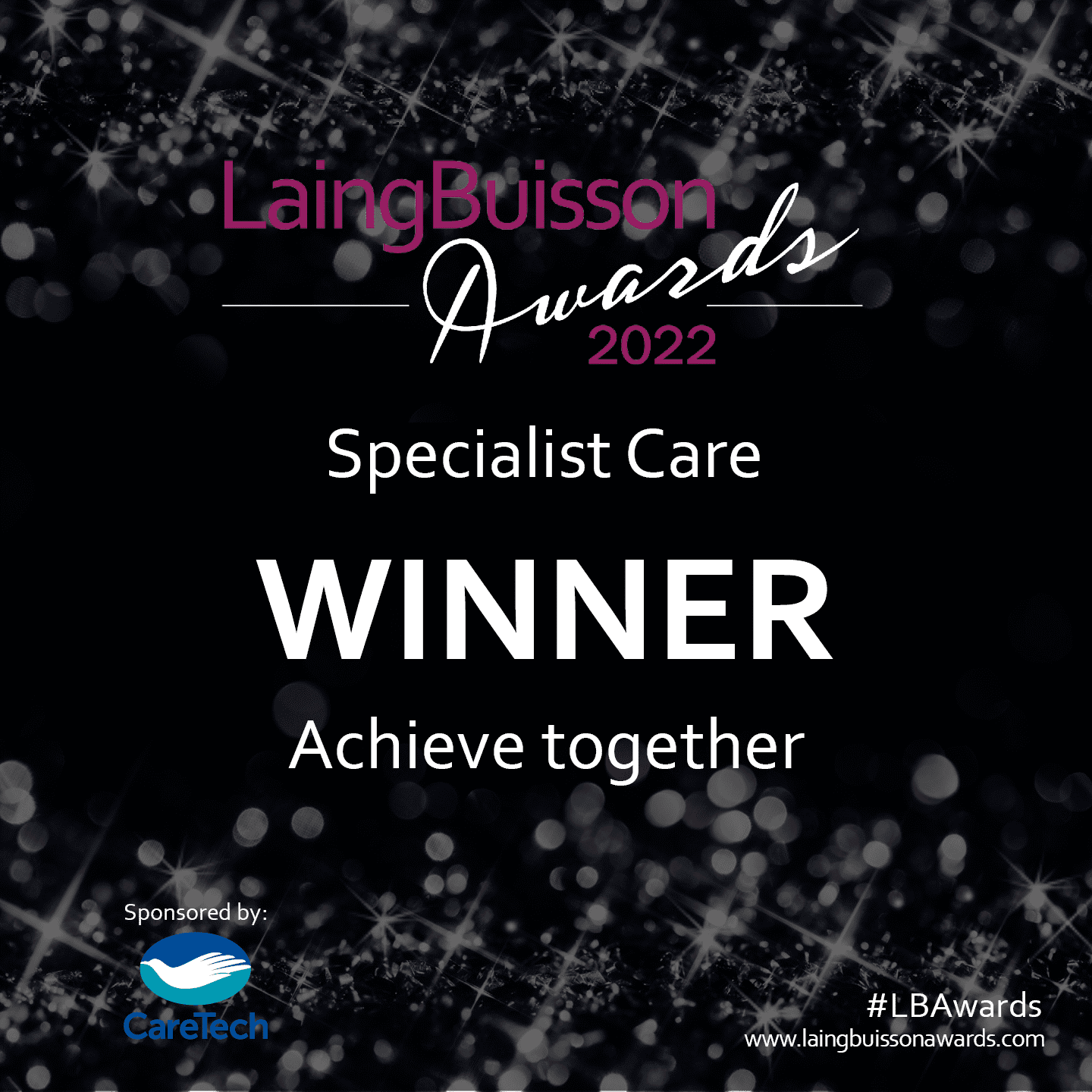Through person-centred support, we have worked closely with Alan* over several years to change his life from chaotic and unpredictable to happy and purposeful. He now lives independently, has a job he enjoys and no longer needs paid support.
A traumatic childhood led to Alan being involved with the police on many occasions, and he spent a year in prison. We first met him on his release, aged 20, when he moved to one of our residential homes. Here, he was supported by a proactive multi-disciplinary team, including a Positive Behaviour Support (PBS) Practitioner and a Learning Disability Nurse.
Good Lives Model
They made sustained efforts to follow the rehabilitation Good Lives Model and support Alan look for a meaningful occupation. This model promotes people’s aspirations and plans for a more fulfilling life. However, Alan’s risky and sometimes aggressive behaviour resumed as soon as his Parole Board Licence Conditions allowed him to start drinking again.
His struggle to manage his alcohol intake eventually resulted in an incident with a neighbour, which meant that he needed to move to a different area.
New start
Alan moved into his new accommodation, a supported living flat. His support team again included a PBS practitioner, Learning Disability Nurse, safeguarding experts and the local police. Excessive drinking at first dominated his behaviour, but little by little, his interactions with others improved.
Regular meetings with the Learning Disability Nurse enabled Alan to focus on maintaining personal safety, enhancing self-esteem and confidence and establishing positive life goals.
Using our Wheel of Engagement model with his Support Workers, Alan gradually developed a plan that considered each aspect of his life and his coping skills. Able to prioritise things that were important to him and focus on the skills he wanted to enhance, Alan started to see a clearer life path.
Taking control
Gaining autonomy and developing new community links and friendships outside his immediate circle of support were important milestones on his journey. One such achievement is his renewed, positive relationship with his mother.
As he landed his first job, Alan was able to reduce his dependence on paid support and is now considered to be at low risk of re-offending. He is no longer reliant on alcohol to cope and has taken back control of his life, putting his traumatic past in the shadows.
“We are very proud of all that Alan and those who worked tirelessly with him have achieved. It shows how excellent person-centred support, together with a strong and determined commitment from everyone involved, can help people who have experienced significant trauma in their lives to move on.
“As a confident and resilient member of society, Alan is now leading an independent, happy, healthy and meaningful life.” – Michael Fullerton, Director of Wellbeing.
*Name has been changed to protect anonymity

